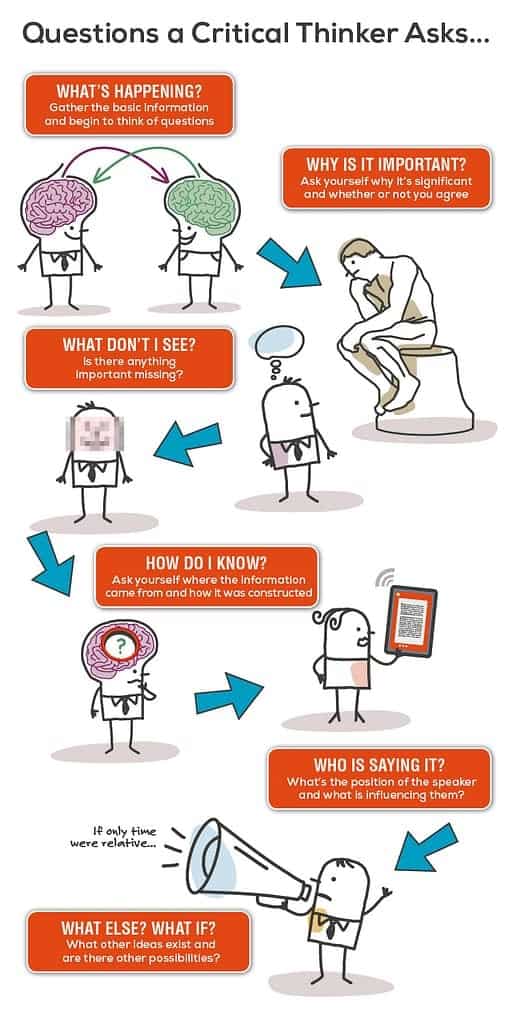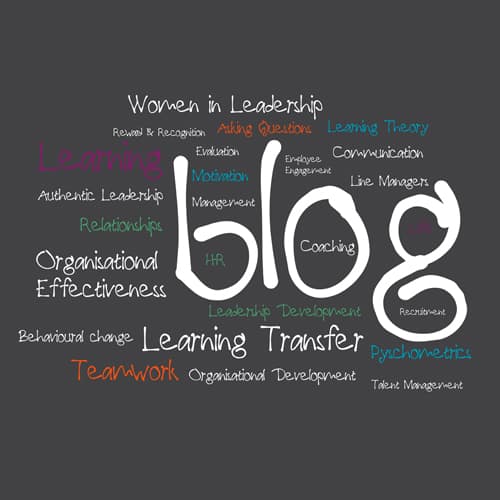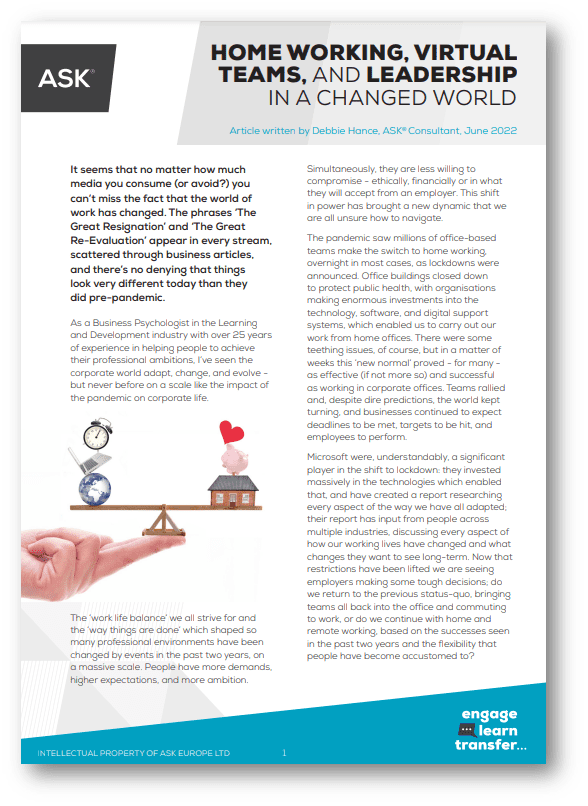Critical Thinking in leadership
Humanity prevails!
The concept of emotional intelligence has rightly found itself centre stage of any leadership development programme, recruitment process or succession planning initiative; it is so widely accepted as to become ‘the norm’. Thankfully, the days of the command and control style that dominated the senior management psyche of the past decades have gone. Hubris has gone and humanity prevails!
I am loathed, therefore, to use the word “however” – so instead shall begin with “in addition” as I steer our thoughts to the more cerebral domain of critical thinking. Having recently had the privilege of lecturing a group of undergrad business students, I was reminded of the need to hone one’s critical thinking muscle (not an easy feat for those so used to being spoon fed knowledge!) in an academic setting. It caused me to consider what place this method of thinking has in the world of leadership.
A term more commonly heard is ‘strategic thinking’ but, to me, that is different. And if you look at the two definitions, it strikes me that there is a distinct difference.
“The ability to come up with effective plans in line with an organisation’s objectives within a particular economic situation. Strategic thinking helps business managers review policy issues, perform long term planning, set goals and determine priorities, and identify potential risks and opportunities.”
Definition of strategic thinking from Business Dictionary:
“Objective examination of assumptions (adopted rules of thumb) underlying current beliefs to assess their correctness and legitimacy, and thus to validate or invalidate the beliefs.”
Forward - vs - Backwards
For me there are two distinct and important differences between these thinking approaches and a key element which underpin them: the willingness to ‘not know’ and the forward -vs- backward stance.
If you look at the definition for strategic thinking, it suggests that a Leader has the ability to ‘come up with…’ which suggests a level of already knowing the answer and a sense of urgency to move on, whereas the critical thinker is seeking to explore that which is already assumed and, by doing so, is demonstrating that they do not know – and are willing to reflect on – what has gone before.
So perhaps, as you embark on your next challenge, why not check in with yourself: are you taking a strategic or critical approach to how you think through this challenge? Why not consider the questions below to aid you in your thought process:




